Putin Offers Donald Trump Ukraine’s Rare Minerals
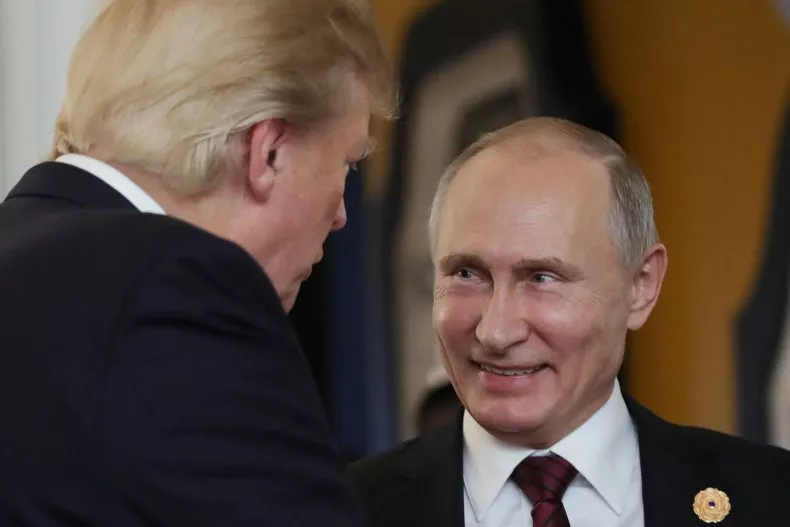
Russian President Vladimir Putin said he would allow his U.S. counterpart Donald Trump access to rare earth metals in Ukraine’s annexed regions as part of a future deal.

Russian President Vladimir Putin said he would allow his U.S. counterpart Donald Trump access to rare earth metals in Ukraine’s annexed regions as part of a future deal.
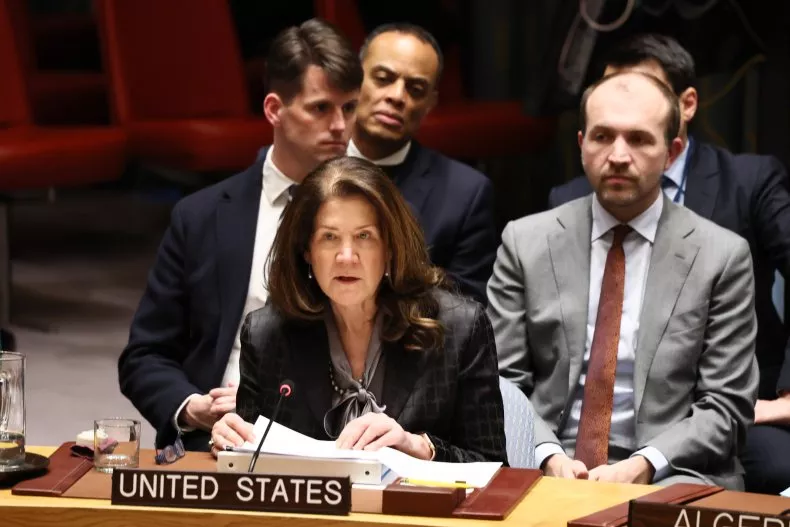
United States opposition to a European-drafted United Nations resolution that condemned Moscow’s full-scale invasion has sparked anger on both sides of the Atlantic.
At the U.N. General Assembly on Monday, the U.S. joined Russia and Moscow’s closest ally Belarus, as well as North Korea, in opposing a resolution condemning Moscow’s war against Ukraine.

Eurasianist philosopher Alexander Dugin wants to change how political science is taught across the humanities in Russian higher education. Meduza has obtained access to a 240-page lecture series on political science, a 76-page teaching concept, and a shorter presentation for Russia’s Science Ministry — all prepared by Dugin’s team at the Ivan Ilyin Higher Political School at the Russian State University for the Humanities. Dugin and his colleagues warn that “Americacentrism” currently dominates Russian political science and must be “overcome.”

The Kremlin’s most basic task right now is to keep Washington in a constructive mindset toward Russia. That in itself is already facilitating the achievement of Putin’s goals in Ukraine.
Three weeks after U.S. President Donald Trump’s inauguration, he had a much-anticipated phone call with his Russian counterpart, Vladimir Putin. Both sides have kept a diplomatic silence over who initiated the call, but the very fact that it took place and lasted almost an hour and a half looks like a major win for the Russian leader. Effectively, the long-awaited negotiations between Moscow and Washington on the fate of Ukraine have been launched in the format that best suits Putin.
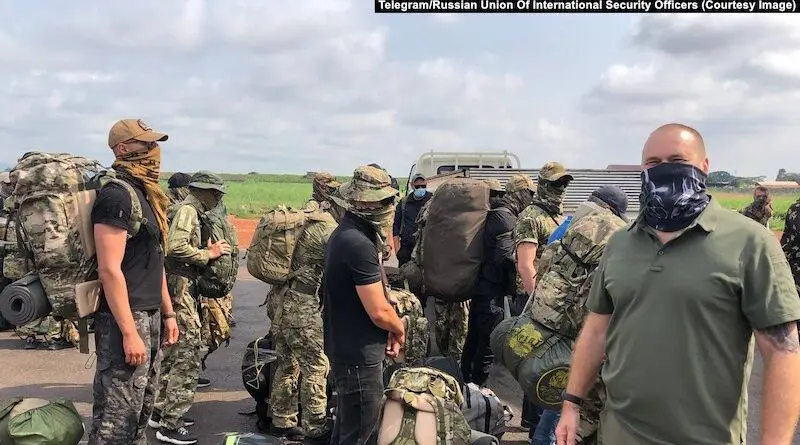
Just after noon on January 17, 2023, Privat Damabakizi, 35, and his wife were working in their farm field in a tiny Central African Republic settlement near the border with Cameroon when his brother, Alvin, called him.
Seven armed men wearing camouflage uniforms had just driven up in pickup trucks at Damabakizi’s home in Bouar, a town about 7 kilometers away from the field.
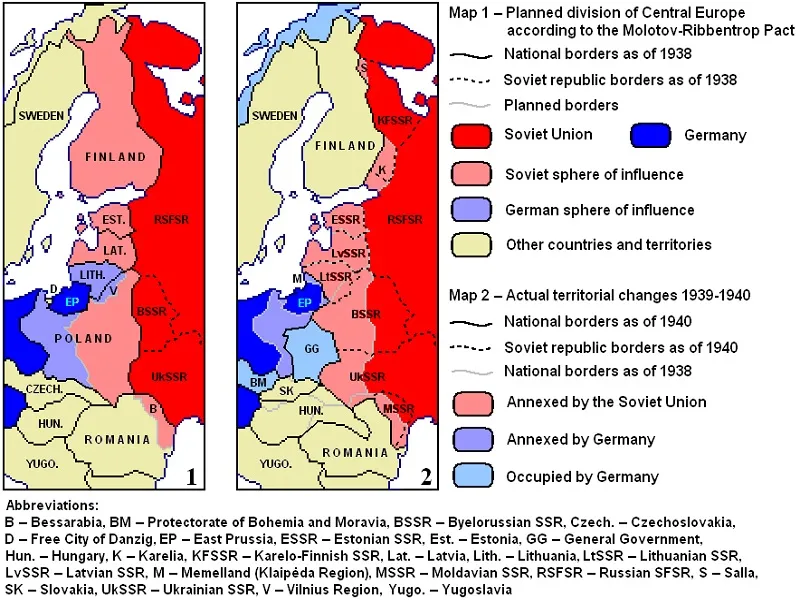
Whatever one may think about its lack of morality, it was coldly pragmatic and wasn’t responsible for sparking World War II, just for temporarily putting off what proved to be its most deadly phase in Europe.
The Molotov-Ribbentrop Pact (MRP) is back in the news after President Putin explained to Tucker Carlson how interwar Polish diplomacy made World War II inevitable. Many on social media reacted by bringing up that agreement and arguing that it was responsible for Hitler’s invasion of Poland. Without their secret deal to divide Central & Eastern Europe (CEE) into spheres of influence, they argue, he wouldn’t have been emboldened into starting World War II. The reality, however, is altogether different.
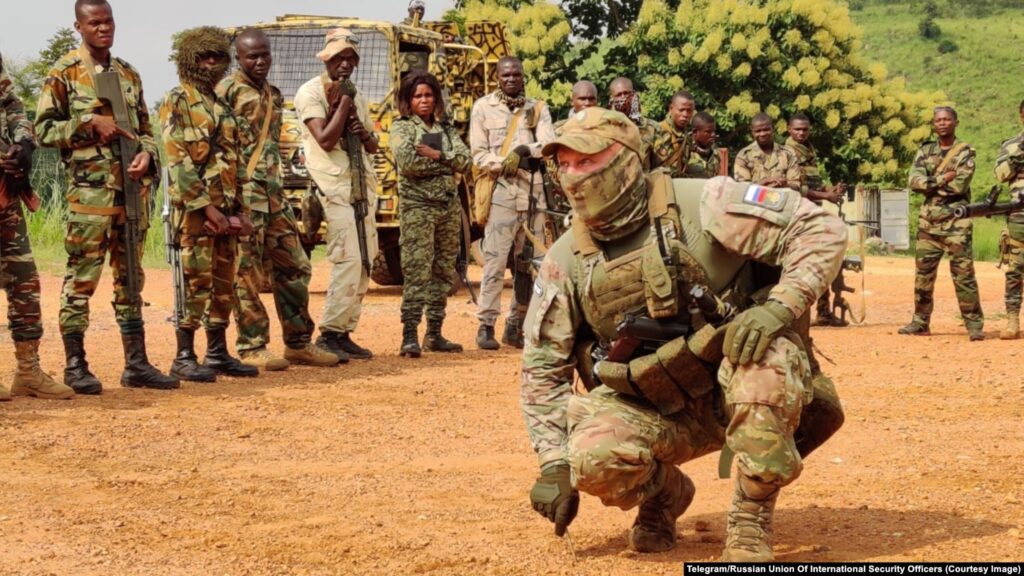
Just after noon on January 17, 2023, Privat Damabakizi, 35, and his wife were working in their farm field in a tiny Central African Republic settlement near the border with Cameroon when his brother, Alvin, called him.
Seven armed men wearing camouflage uniforms had just driven up in pickup trucks at Damabakizi’s home in Bouar, a town about 7 kilometers away from the field.
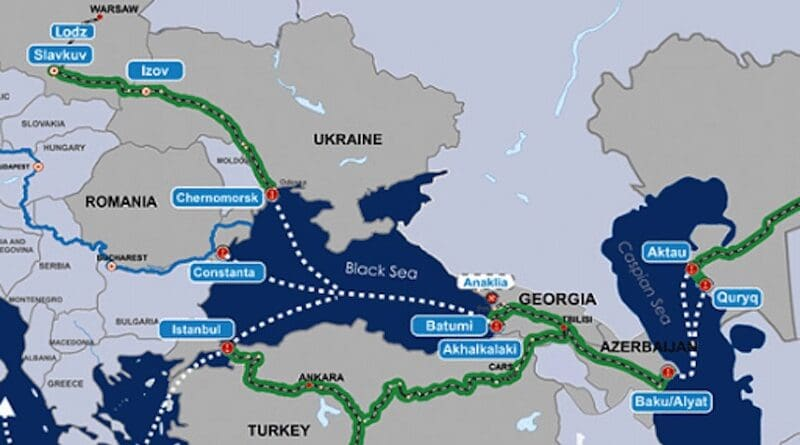
The Middle Corridor, also known as the Trans-Caspian International Transport Route (TITR), is quickly becoming a key trade link between Western China and Europe, bypassing both Russia’s Northern Corridor and the Suez Canal. This network of rail, road, and maritime transport offers a shorter and more efficient trade route. Its importance has grown significantly, especially in light of Russia’s invasion of Ukraine, making it an appealing option for international commerce. While the corridor has expanded rapidly, it still faces infrastructure, operational, and geopolitical challenges that require ongoing investment and collaboration. This article explores the structure, strategic importance, challenges, and future potential of the Middle Corridor within the evolving landscape of Eurasian trade.
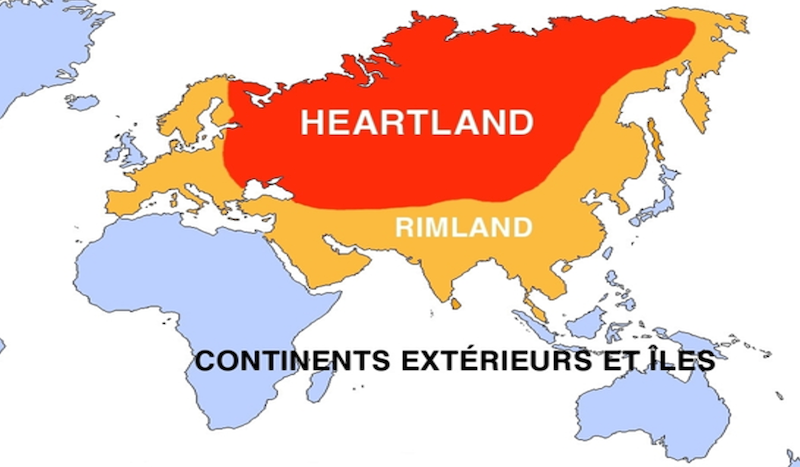
Les Occidentaux n’ont eu de cesse de considérer le monde entier comme un territoire à conquérir, maîtriser, contrôler ! Moi plutôt qu’un autre ! Supposant ainsi que l’inéluctable nécessité de dominer comme un acte naturel, consubstantiel à l’homme, du fond de la jungle à la géopolitique mondiale.
Vu d’ailleurs (Orient, Sud global), le monde serait une grosse boule dont les éléments se lieraient par des accords commerciaux réglés par des lois internationales ! Vision idéaliste ?